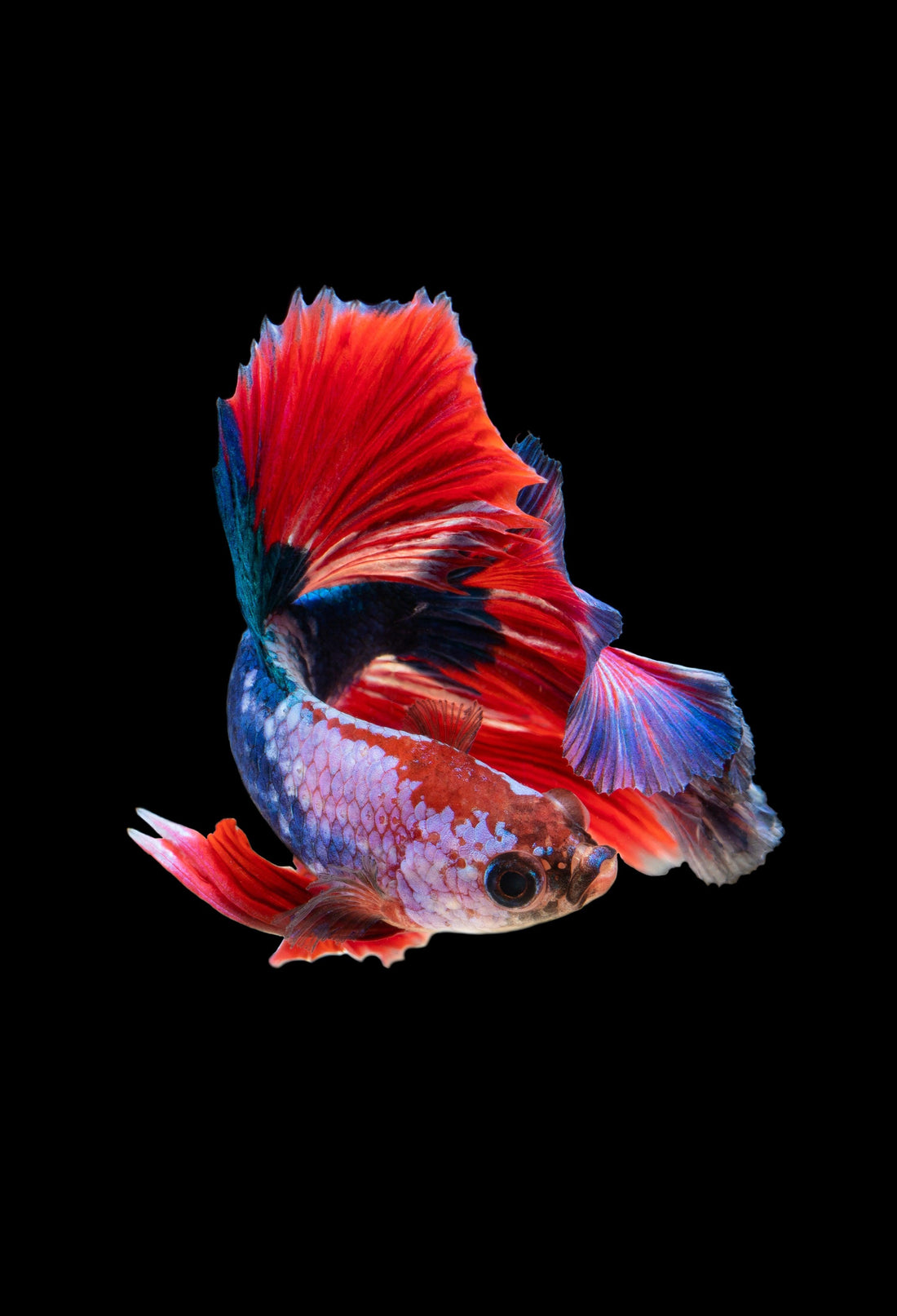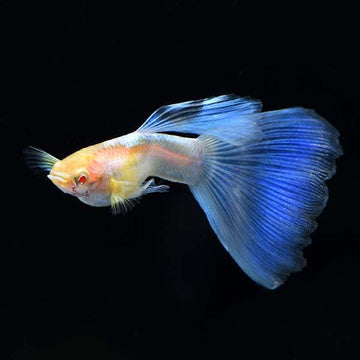What is Betta Fish?

Introduction
Betta fish, also known as Siamese fighting fish, are renowned for their captivating beauty, vibrant colors, and intriguing behaviors. These remarkable aquatic creatures have captured the hearts of aquarium enthusiasts worldwide. In this comprehensive guide, we will delve into the world of Betta fish, exploring their origins, unique characteristics, care requirements, and more. Whether you're a seasoned aquarist or a newcomer, understanding the fascinating world of Betta fish is a journey worth embarking on.
The Origins of Betta Fish
Betta fish, scientifically known as Betta splendens, originate from the rice paddies, slow-moving streams, and floodplains of Southeast Asia. They are part of the Osphronemidae family, which includes a variety of Betta species, each with its own distinct features and natural habitats.
Betta Fish Characteristics

Betta fish are celebrated for their striking appearance and one of the most intriguing aspects of Betta fish is the striking difference in appearance between males and females.
Male Betta Fish Appearance
Male Betta fish are often the showstoppers in aquariums due to their vibrant colors and long, flowing fins. Here are key characteristics that define the appearance of male Bettas:
-
Vibrant Coloration: Males typically boast more intense and varied colors, ranging from deep blues and bright reds to iridescent greens and vibrant purples. Their bodies are adorned with bold and eye-catching hues.
-
Long Fins: One of the most distinctive features of male Bettas is their impressive fins. They have extended dorsal fins, caudal fins, and anal fins that create a visually striking display. These fins can be likened to elaborate, flowing gowns.
-
Beard or Gular Pouch: Male Bettas possess a small, white "beard" or gular pouch just below their gills. This pouch becomes prominent during displays of aggression and courtship.

Female Betta Fish Appearance
Female Betta fish, while less flamboyant than their male counterparts, have their own charm and unique features:
-
Shorter Fins: Unlike males, female Betta fish have shorter fins. Their dorsal fin is more triangular and less elongated. This adaptation is related to their less aggressive nature and streamlined appearance.
-
Subdued Coloration: Females tend to have more subdued coloration compared to males. Their colors may appear less intense, with shades of pastel or earthy tones. This camouflaging coloration helps them blend into their surroundings.
-
Egg Spot: Female Betta fish often exhibit a small white dot or "egg spot" near their ventral fin. This spot is not a sign of illness but a characteristic used in courtship and breeding behavior.
Betta Fish Species
In addition to Betta splendens, there are several other Betta species, each with its own distinct features and appearances. These species may not be as widely available in the aquarium trade, but they are of interest to dedicated Betta enthusiasts. Some of these species include:
-
Betta imbellis (Peaceful Betta)
-
Betta mahachaiensis (Mahachai Betta)
-
Betta smaragdina (Emerald Betta)
-
Betta albimarginata (White-Margined Betta)
-
Betta macrostoma (Spotfin Betta)
-
Betta pugnax (Penang Betta)
These are just a few examples of the many Betta fish species. Each species and even individual fish within the species can vary in terms of color, pattern, and fin type. The diversity of Betta fish makes them a captivating subject for aquarium enthusiasts, offering a wide range of options for those interested in keeping these beautiful and fascinating fish.
Betta Fish Care
7 Reason Betta Fish Laying on Bottom of The Tank
Caring for Betta fish is a rewarding but responsible endeavor. To ensure their well-being, it's essential to provide them with the right environment. Betta fish require a clean and adequately sized tank, stable water conditions, and appropriate filtration. Maintaining a water temperature between 76°F and 82°F is crucial. High-quality Betta fish food and a balanced diet are essential for their health. Regular water changes and tank maintenance help prevent common issues such as fin rot and ich.
The Unique Behavior of Betta Fish

Betta fish are known for their intriguing behaviors, from creating bubble nests to flaring their fins in displays of dominance. Understanding their behavior is key to ensuring they are happy and healthy. For instance, Betta fish may display aggression towards other males, making it essential to house them alone or with compatible tankmates.
Breeding Betta Fish
Breeding Betta fish is a complex but rewarding endeavor. It involves selecting a suitable breeding pair, creating a separate breeding tank, and closely monitoring the process. After successful breeding, raising the fry requires meticulous care, including specialized food and controlled water conditions.
How to Breed Betta Fish at Home?
Final Though
Betta fish are not just another pet; they are an embodiment of beauty, resilience, and unique behavior. Whether you're a seasoned Betta keeper or a newcomer, understanding the intricacies of Betta fish care is essential for providing them with a happy and healthy life. The world of Betta fish is as diverse as it is enchanting, and by embracing this journey, you can witness the wonder of these captivating aquatic creatures in the comfort of your own home.
FAQ
How long do Betta fish live?
Betta fish typically live for 2 to 3 years, but with proper care and a suitable environment, they can sometimes reach up to 5 years.
Can I keep multiple male Betta fish in the same tank?
No, male Betta fish are highly territorial and aggressive towards each other. Housing multiple males in the same tank will likely result in fights and injuries. It's best to keep them separately.
What should I feed my Betta fish?

Betta fish thrive on a diet of high-quality Betta pellets or flakes. They can also eat frozen or live foods like bloodworms and brine shrimp. It's essential to maintain a varied and balanced diet to keep your Betta healthy.
Do Betta fish need a filter in their tank?
Yes, Betta fish benefit from having a filter in their tank to maintain water quality. A gentle filter helps to keep the water clean and aerated, ensuring a healthy and stress-free environment.
How can I tell if my Betta fish is sick?
Signs of illness in Betta fish include changes in appetite, lethargy, fin clamping, abnormal growths, or visible parasites. If you notice any of these symptoms, it's essential to consult with a veterinarian or experienced fish keeper for a proper diagnosis and treatment.
No comments











0 comments